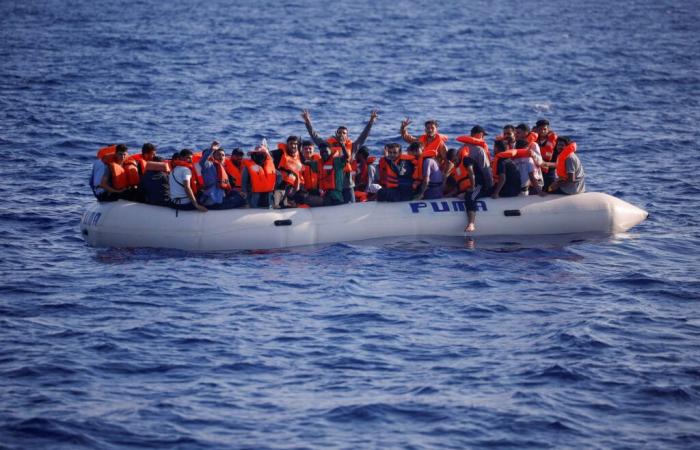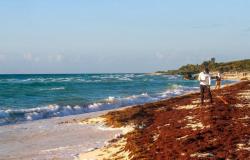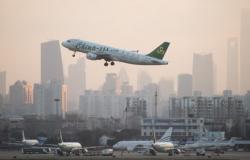LThe new Prime Minister, Michel Barnier, was not entirely wrong when he declared on September 6 that borders are “strainers” : for many, they are, indeed. This is first of all true for the French themselves: equipped, alongside the Germans, the Italians or the Spanish, with one of the most “powerful” passports in the world, they can travel to more than 190 States without needing to obtain a visa in advance.
The border is also a “sieve” for diplomats and senior state officials who, like Mr. Barnier for example, have specific passports allowing them easy access to foreign territories. However, the list pretty much stops there: for others, the border is only crossed at different prices – sometimes, that of a life.
This price is first of all that of the visa, obligatory, with a few exceptions, to enter French territory and the issue of which is subject to long and costly procedures, with uncertain results.
Read also the column | Article reserved for our subscribers Shipwrecks in the English Channel: “It would be right for the British to get involved in managing migration flows”
Add to your selections
Thus, in 2023, according to figures from the Ministry of the Interior, 500,000 were refused – a similar figure in 2022. While it is true that nearly 2.5 million visas were nevertheless granted in 2023, most were for short stays, corresponding to visits, particularly tourist ones, of less than three months: only 12% of the visas granted concerned a long stay.
A new legislative package
Should we therefore consider that a visa would not be essential and that entering French territory would be easy without one? This is not the case: beyond the fact that this prohibits any arrival by air, it should be remembered that the European Union has, for many years now, set up partnerships with third countries (Morocco or Turkey, to name just two examples) intended to limit irregular arrivals on the territory of its Member States, and that it adopted a new legislative package in May that will further strengthen these controls.
Read also | Schengen Area: European Union adopts new rules for border controls
Add to your selections
France itself has re-established controls at its internal borders for almost ten years and can, under the Dublin Regulation, transfer asylum seekers who attempt to be protected there to the Member State through which they entered. For those who nevertheless attempt exile, the price will be that of circumventing these procedures: at least 5,000 euros, often three or four times more for migrant traffickers.
It is apparently without cynicism that the new Prime Minister has chosen to describe the borders as “strainers” just two days after twelve people died in the Channel, victims of these complexities. Because the people stuck in Calais and trying to reach the United Kingdom are in the same situation as those stuck in Morocco, Turkey or Libya and trying to reach Italy, Greece or Spain. Unlike the French, Italians or Spanish – and their prime ministers – the border for them is not a sieve but, too often, a death trap.






